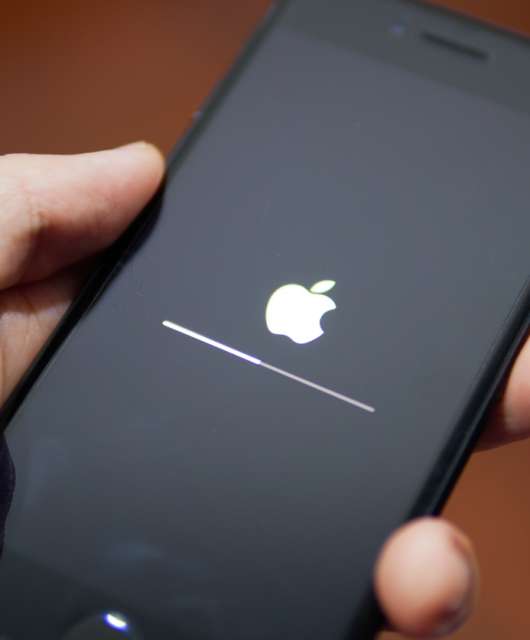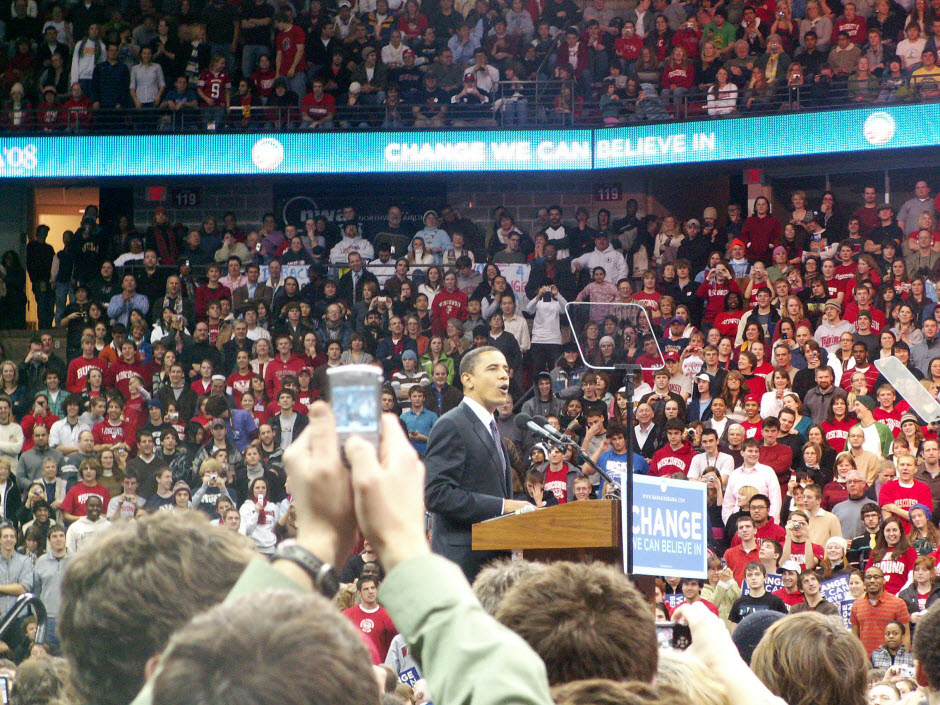Ongoing efforts to regulate Internet usage in the European Union have created some serious and wide-ranging legislation. The General Data Protection Regulation (GDPR) introduced significant fines for firms that mishandle personal data belonging to EU citizens.
Recently, attention shifted to the issue of copyright protections and infringement on the Internet. And this had led to the creation of a new copyright directive.
The (in)famous Article 13
The modern Internet is hugely interactive, allowing users to easily upload and share content. Facebook has become the default place for sharing family photos, and hundreds of thousands of young people upload videos to their YouTube channels every day. And so long as users own the rights to the content they share, everything will be fine.
However popular sites like Reddit, 9GAG and even YouTube are also popular places for sharing content protected by copyright. TV shows or music videos that are shared without the permission of the rights owner has always been illegal, but the new regulation has tightened responsibilities.
Under Article 13, site operators now have a responsibility to remove copyright-protected content immediately, or face a major fine. For very large sites like YouTube and Facebook, this will mean using technology to try and detect and remove protected content automatically. Smaller sites will have to devote time and attention to managing content automatically; some experts worry that the expense of enforcing the regulation will force smaller businesses to shut.
When the regulation first started to attract attention, many were concerned that memes – images and jokes built around short-lived pop-culture references – would be outlawed. The good news for those who like a laugh as they browse the web is that memes have been exempted from the copyright ban “for purposes of quotation, criticism, review, caricature, parody and pastiche”.
Automation can’t solve every problem
Large Internet players like Google are warning that it is actually normal people who will be most badly affected by the new law. Despite massive improvements in automated recognition technologies, experts warn that current filters are still not accurate enough to identify and block all infringing uploads.
This means that many images will be blocked incorrectly. YouTube is even warning that they may have to stop showing videos to European users altogether because they cannot guarantee that their filter will be 100% accurate.
Bad, but in a different way
Where many users and campaigners were concerned that the copyright regulation would prevent free speech online, the reality is slightly different. People will still be able to share memes on their Facebook pages for instance.
Instead we now have a situation where content will be automatically filtered as it is uploaded. In the event that the filter cannot decide if a video is protected or not, the video will be deleted “just in case”.
Worse still, sites and services that cannot provide adequate filters may simply block access to European users. This isn’t a threat either – some US news sites already ban EU access because they cannot guarantee they comply with GDPR requirements. So you may find you are unable to visit some of your favourite sites in the near future.
The copyright regulation is an important step towards helping protect the incomes of people who create and sell digital content. For users, Internet freedom remains intact. Almost. Unfortunately, current technical limitations means that the new law causes more problems than it solves.






